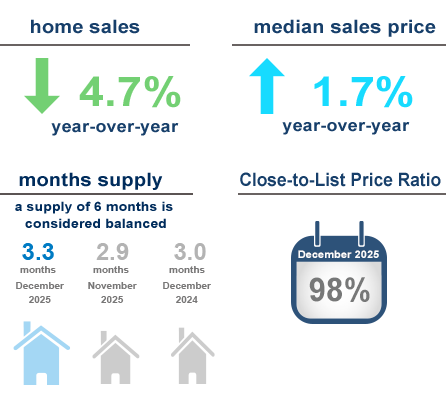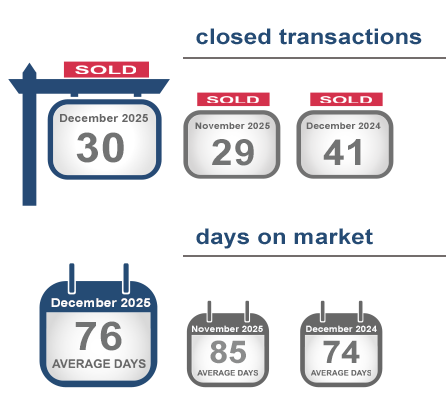

You may or may not have heard of the term ‘private lending.’ It is in fact a necessary player in real estate finance but often it’s misunderstood. It’s also sometimes referred to as ‘hard’ money while both terms are interchangeable. What is private lending and why is it so important?
read moreA home appraisal is an important part of buying and selling a home. You have to go through the appraisal process to buy a home with a loan, refinance your current mortgage, or to sell a home to anyone except a buyer with all-cash.
read more
If you’re planning to buy a home, you’ll hear the word escrow throughout the process. An escrow is a legal setup where a third party temporarily holds money or property until a condition is met.
read moreMid-century modern design is one of the most popular design styles right now and for good reason. It boasts clean lines, pops of color, and if you buy an older home, it can be a natural fit with the existing elements of the property.
read more
Freddie Mac's results of its Primary Mortgage Market Survey® shows that "Primary Mortgage Market Survey® (PMMS®) results are based on the mortgage rate collected from thousands of loan applications submitted to Freddie Mac through Loan Product Advisor® (LPA®) from lenders across the country when a borrower applies for a mortgage."
learn moreWe won't sell, bend, break or abuse your email address.